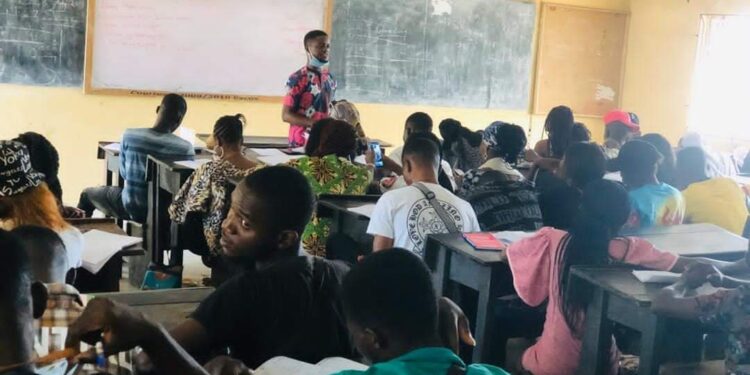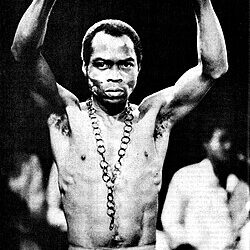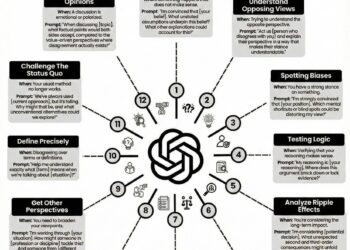1. Difficulty in Understanding Concepts
Slow learners take longer to grasp new ideas and often struggle with abstract concepts.
2. Frequent Need for Repetition
They require constant repetition and reinforcement before they can retain information.
3. Slow Response to Questions
They take longer to process and answer questions compared to their peers.
4. Struggles with Reading and Comprehension
They may read at a slower pace and have difficulty understanding what they read.
5. Poor Retention of Information
They forget previously learned material more quickly than other students.
6. Difficulty in Following Instructions
They may struggle to follow multi-step instructions and require guidance at each stage.
7. Low Academic Performance
Their grades are often below average despite consistent effort.
8. Poor Problem-Solving Skills
They find it challenging to apply knowledge to solve problems or think critically.
9. Limited Vocabulary and Expression
They may have difficulty expressing themselves verbally or in writing.
10. Short Attention Span
They lose focus easily and may require frequent reminders to stay on task.
11. Avoidance of Class Activities
They often shy away from participating in discussions or classroom activities.
12. Struggles with Independent Work
They find it hard to complete tasks without direct supervision or assistance.
13. Signs of Frustration or Low Confidence
They may become easily frustrated, anxious, or hesitant to attempt new tasks.
14. Difficulty with Handwriting and Motor Skills
Some slow learners struggle with neat handwriting and fine motor skills.
15. Reluctance to Ask for Help
They may hesitate to seek clarification, fearing embarrassment or judgment.



















































































 EduTimes Africa, a product of Education Times Africa, is a magazine publication that aims to lend its support to close the yawning gap in Africa's educational development.
EduTimes Africa, a product of Education Times Africa, is a magazine publication that aims to lend its support to close the yawning gap in Africa's educational development.
